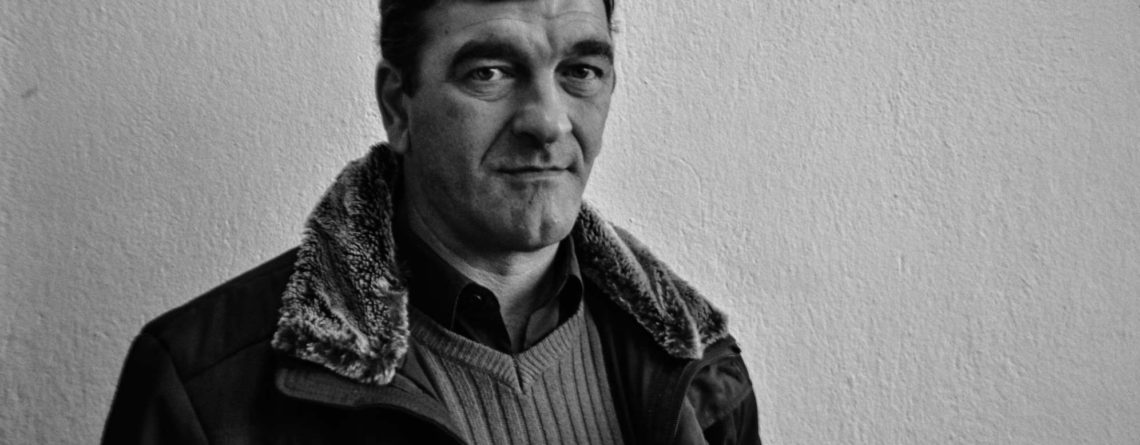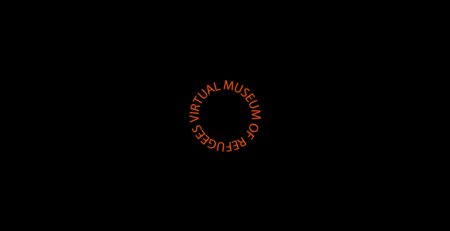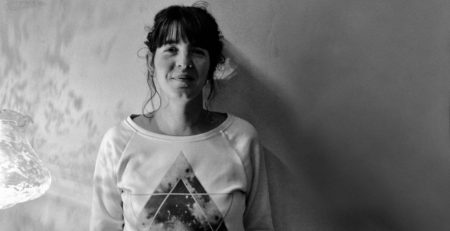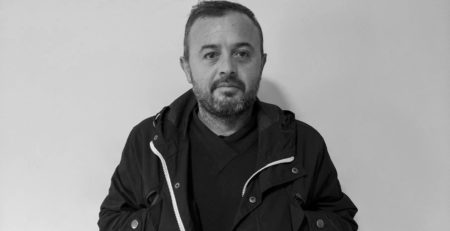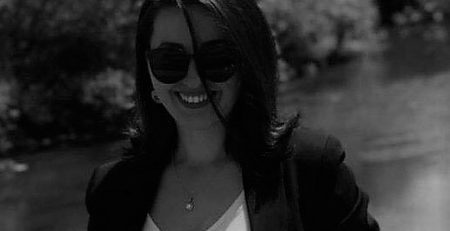Zoran Maksimović
Bjeshka Guri (interviewer)
Zoran Maksimovic (interviewee)
Acronyms: BG=Bjeshka Guri, ZM= Zoran Maksimovic
ZM: My name is Zoran Maksimovic; I was born on December 31, 1971 in Urosevac.
We lived quite good with our neighbors Albanians before the war. There were no problems at all.
In the meantime, there was a war and we had to leave our homes because the situation required that and the neighbors told us that we will not be able to survive further; and that’s how we, left in June of ’99; we were with brothers and sisters, meaning we left Kosovo and we were in Bujanovac in Serbia.
Meanwhile, my mother stayed in Urosevac with her mother, ie. with my grandmother, so we were temporarily in Bujanovac; meaning two months.
In October I came to Strpce because the situation was a bit better, so we returned to Strpce in 1999.
In November, we returned to Urosevac because there was a American KFOR, temporary deployed there and they secured the houses so that we -me and my wife and my grandmother, we lived in Uroševac and we live there even today and my brothers are displaced persons in Bujanovac.
We did not have any problems during the war but the fear existed, it was not easy.
I listened to my neighbors; I heard from them that it is better to leave for some time than to stay because nobody is safe during the war; nobody is safe enough to survive; so we listened to the neighbors and we left; but the fear existed.
Thus we left; we traveled to Gnjilane, i.e. Urosevac – Gnjilane – Bujanovac. We traveled and let me tell you that we were scared because our small children were with us; but luckily we did not have any conflicts with, for example, UCK or military formations.
So we were lucky we did not meet them during the trip.
This is the only that ………..
But we traveled, and we were scared because we had a small child, so there was fear, but to say, how to explain that , we were lucky we did not have anything, meaning we did not have a conflict between the UCK or the military formation. So we were lucky we did not meet them.
And this is the only thing that is …
And nowadays, it is a tragedy because my whole family does not live here in Kosovo; I mean, I am here with my wife; my mother died half a year ago; I’m here with my daughter; but let me tell you that it is not life; but this is how the situation is.
And we feel that we are not in the best position to live here in future because there are no people; no Serbs ; we are the only family here and that’s it ….
So it is still the same as I told you; during the war it (Urosevac) remained abandoned, meaning there are no Serbs and we feel that, to say, as a crisis ….. … no improvement of life, that is it.
As for example, there are many people who took refuge in Strpce because Strpce is a purely ethnic village, a tourist place with a ski center and 12 villages in the vicinity, so they lived as in a ghetto, because they were blocked from all sides.
So they could not get food, normal things, thus the international organizations, the Red Cross, Swiss- they supplied Strpce on humanitarian basis, they supplied Strpce with food, drugs, until 2000.
Sometime in 2000, people started trading between Serbia and Strpce and therefore several families remained to live there.
There is a large number people living there, about 15,000, but in the meantime they felt the crisis as well, and they left that place.
In the meantime…; at this present time, they all returned to their homes, but nobody was able to return to Urosevac.
Who left the place , just left it. Who stayed, just stayed. And that number ….; some old people died and so Urosevac remained clean; a town without Serbs.
Let’s say that the war broke our lives; meaning we are no longer a complete family.
So while we’ve lived as a family, that is, uncles, aunts … we all lived in one city and now we’re all scattered.
Some are in Serbia, some others are in Strpce, so we all are scattered.
It could be even from the time before the war; it has more than 20 years that some of us have not seen with the family. So this war has disrupted our life a lot.

